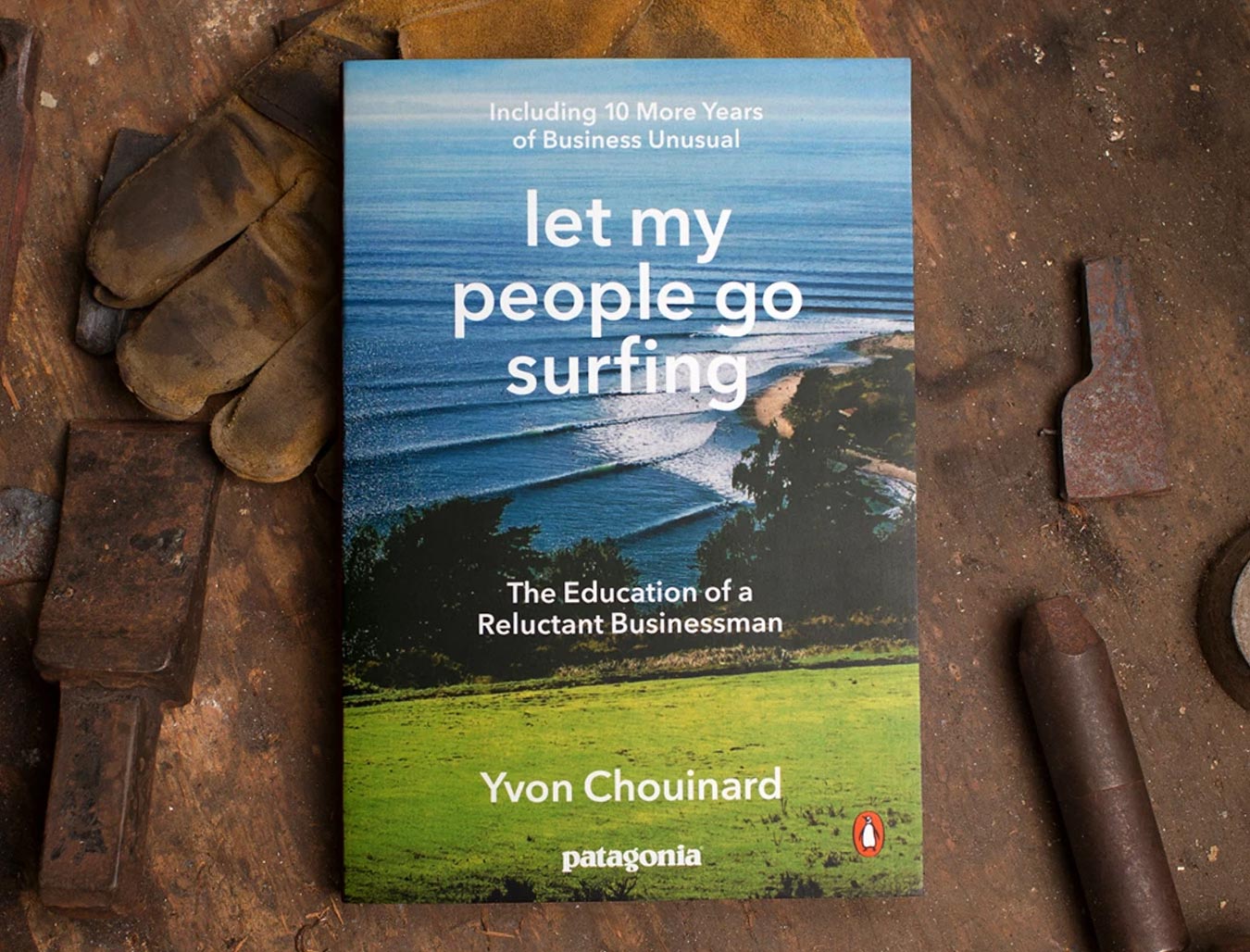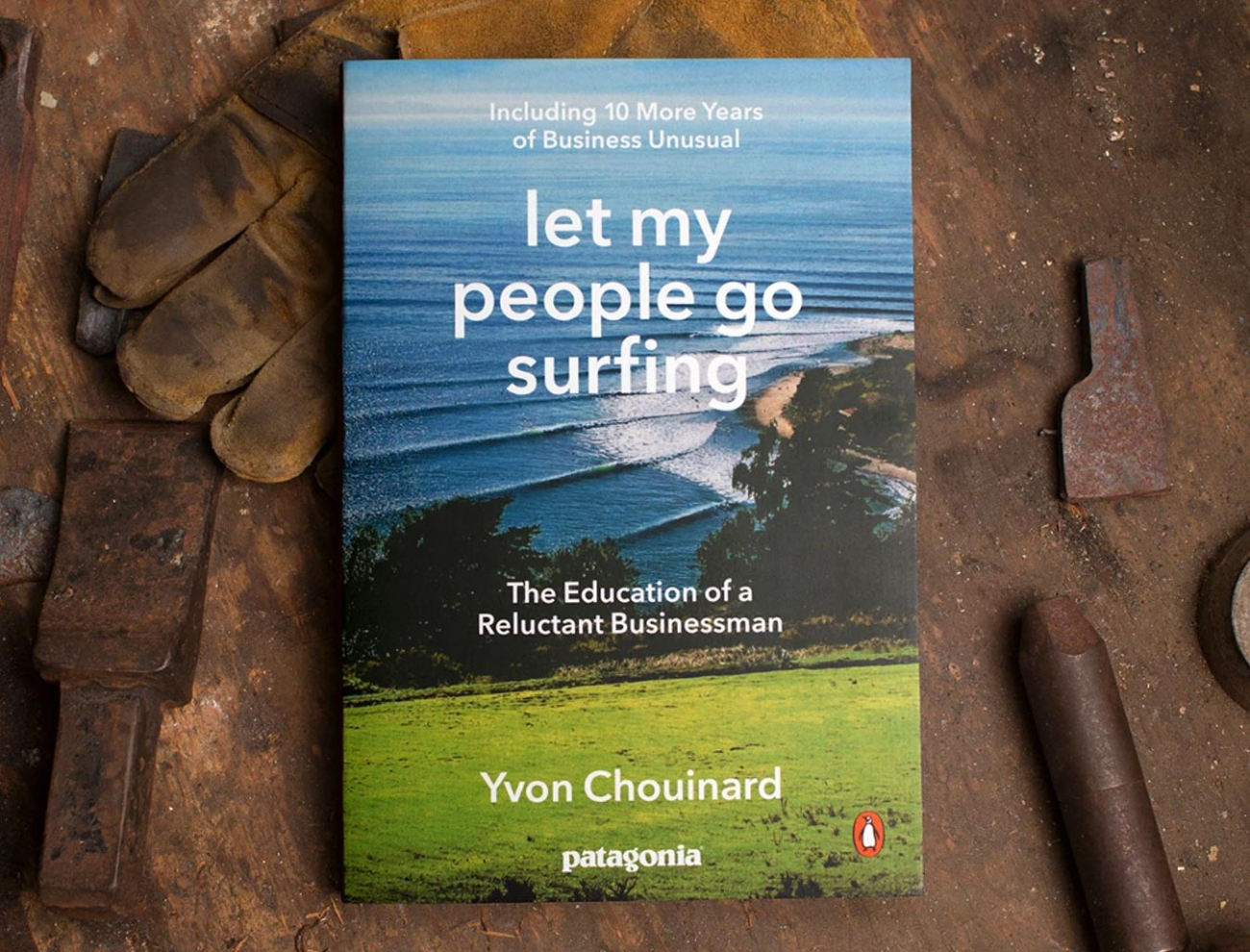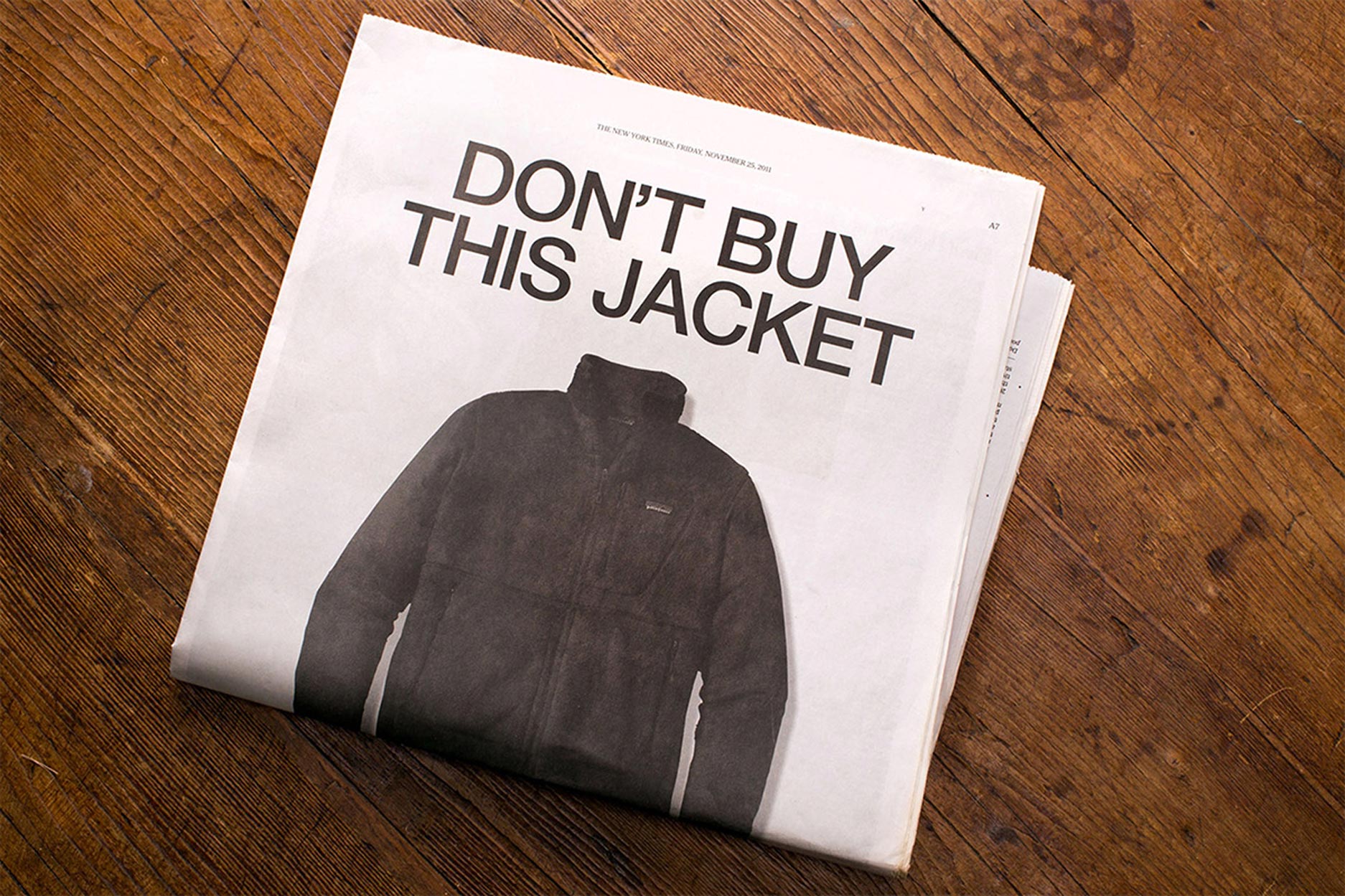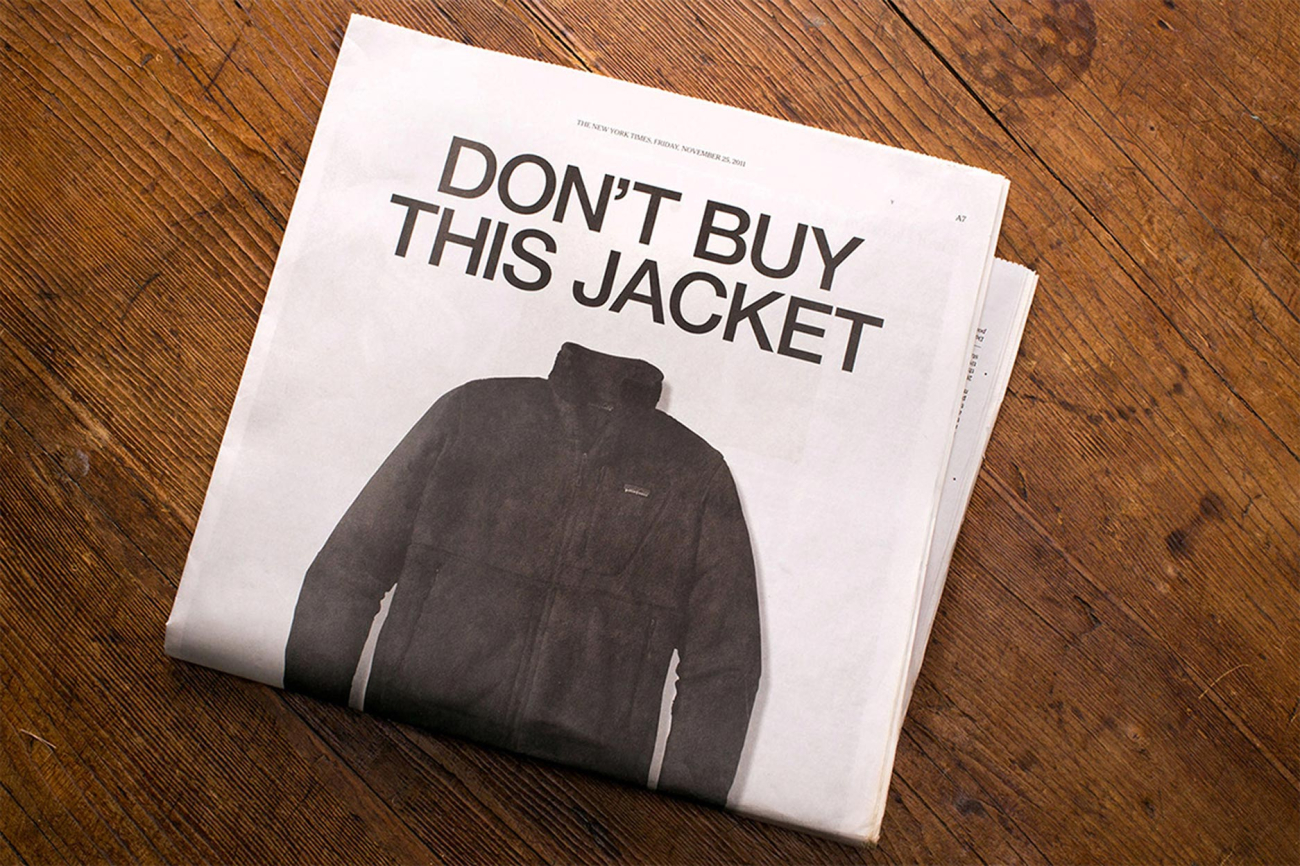Be more Patagonian
NB ventures into the wilderness in a puffa jacket and finds a refreshing clarity and conviction of purpose.


I recently read Let my people go surfing by Yvon Chouinard, the founder and owner of the outdoor clothing and equipment brand, Patagonia.
Like many, I was ‘aware’ of the Patagonia brand before reading – a pub conversation level competence – of their, shall we say, unconventional approach to marketing. But that’s really it.
I can confidently say it was one of the most inspirational things I’ve read. As a keen ‘outdoorsman’ I’m susceptible to a bit of nature porn, a campfire and the occasional surf, and I’m more likely to be found in a raincoat than a blazer, but the thing that really struck me in the book was the clarity and conviction of Patagonia’s purpose – and how it had infected every area of their business.
Firstly, Yvon and I agree on a couple of things: that business, for all its faults, also holds the key – “…produce food, cure disease, control population, employ people and generally enrich our lives…” And that no business, however committed, will ever be totally sustainable and completely socially responsible.


Cover: Winter swell at Rincon Point, 1973. Photo: Steve Bissell. Book photo: Tim Davis
But as an employee of a company that preaches Creative Courage, what I love is the way Mr Chouindard describes his company ‘as an experiment’. And you’ll struggle to find a more purposeful purpose than “Patagonia exists to challenge conventional wisdom and present a new style of responsible business”.
It’s not just waffle, either; product-wise Patagonia pioneered the use of organic cotton at a time when it was a more expensive and less-good material, financially a proportion of their profits are donated to environmental causes and from a culture/employee level, the brand leads the way in terms of maternity and paternity support. The purpose informs everything. Patagonia encourages people to buy less, or not buy at all. And Patagonia had estimated revenue of $600m in 2015.
There’s one other thing, too. Towards the end of the book Yvon states: “If you want to change government, you have to aim at changing corporations, and if you want to change corporations you first have to change the consumers.” It’s this commitment to lead and to influence consumers – to set agendas, not follow them – that for me represents Creative Courage in its purest form.





